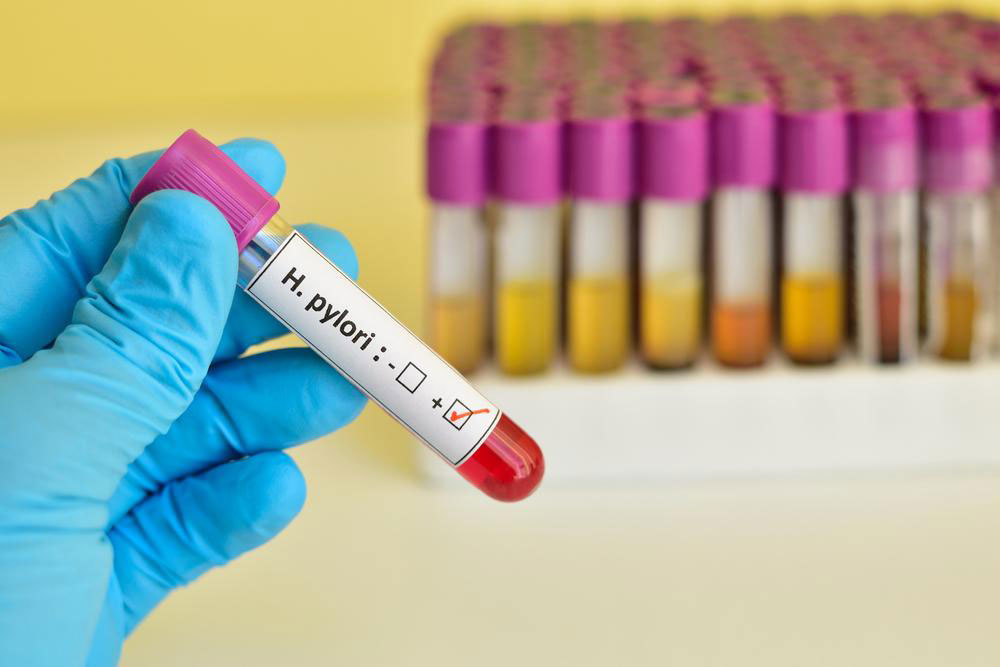Essential Insights into Helicobacter Pylori Infection
Learn key facts about Helicobacter pylori infection, including causes, symptoms, diagnosis methods, and prevention tips. Understand how this common bacteria affects stomach health and how to reduce your risk through hygiene and lifestyle choices.

Essential Insights into Helicobacter Pylori Infection
Helicobacter pylori, often called H. pylori, are spiral-shaped bacteria that inhabit the human digestive system. These microorganisms can colonize the stomach lining, sometimes leading to health issues. While generally harmless, H. pylori are primary contributors to most stomach and small intestine ulcers.
How does H. pylori infection occur?
Poor hygiene practices, such as not washing hands thoroughly after bathroom use, can lead to bacteria entering the mouth. Consuming contaminated food and water also significantly increases the risk of infection.
Symptoms
Many individuals with H. pylori infection show no symptoms or mild signs. However, if you experience more than three symptoms below, consult a healthcare professional.
- Burning or pain in the stomach
- Nausea
- Excessive burping
- Unintentional weight loss
- Bloating
- Reduced appetite
Diagnosis Methods
Doctors use various tests to identify H. pylori infection:
Blood Test
A blood sample is analyzed to detect antibodies against H. pylori.
Breath Test
You swallow a solution containing labeled carbon molecules. If bacteria are present, they metabolize the compound, releasing carbon which can be measured in your exhaled air.
Stool Test
A stool sample is examined for the presence of H. pylori bacteria.
Endoscopy
A flexible tube with a camera (endoscope) is inserted through the mouth into the stomach to visually examine the digestive tract and obtain tissue samples for testing.
Preventing H. pylori Infection
Maintain good hygiene by washing hands before and after meals, and after using the bathroom. Eat in hygienic environments, and keep cooking utensils clean. For couples, avoid sharing saliva, as it can transmit bacteria. If a family member has H. pylori, testing and early treatment are advisable. Adopt a balanced diet with adequate nutrients to support immune health.










